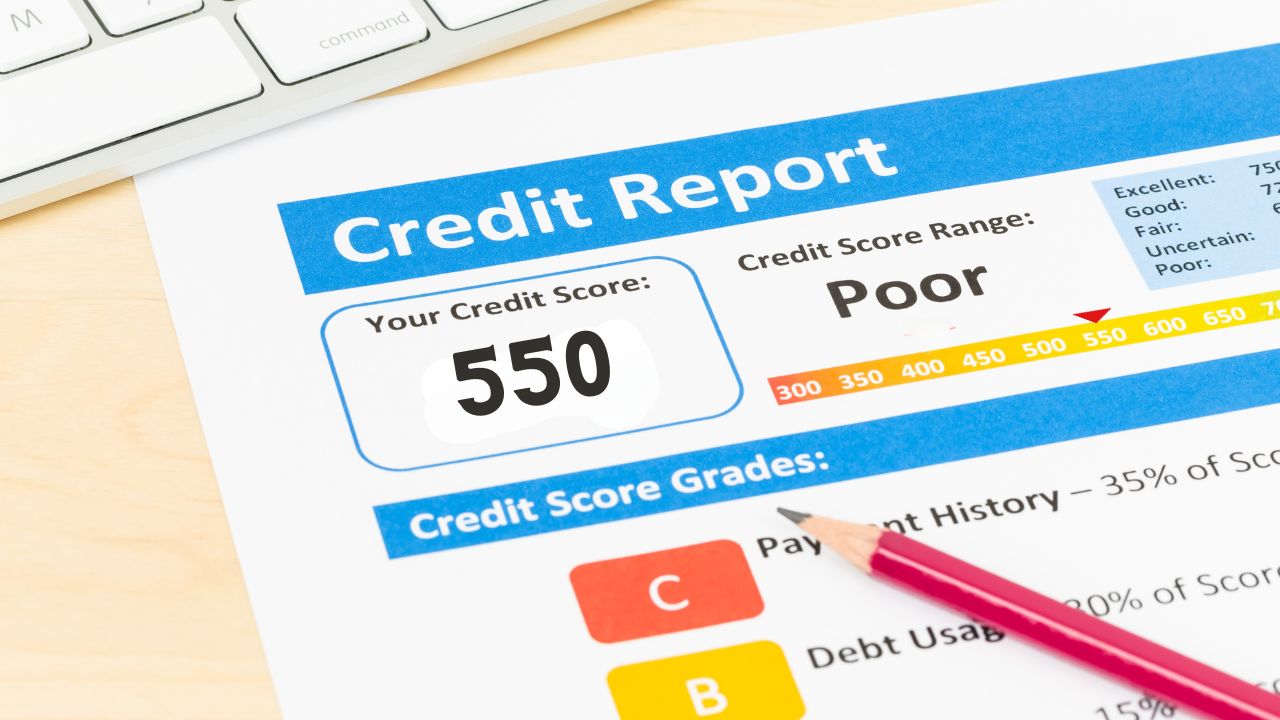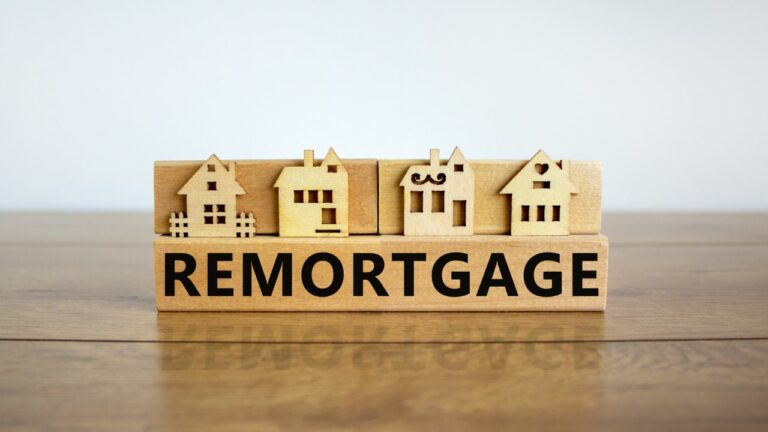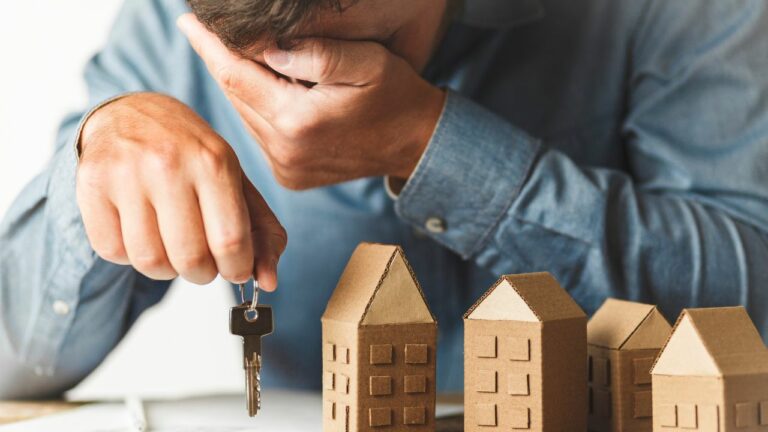Can I Buy a House with a 550 Credit Score?
Buying a house is an exciting milestone that many people dream of achieving. However, if you have a credit score of 550 or less, you may be worried about your chances of being able to secure a mortgage and may be wondering, “Can I buy a house with a 550 credit score?”
Yes, it is possible to buy a house with a 550 credit score. However, there are some challenges that you may face and alternative pathways that you may need to consider.
In this article, we will discuss the credit score requirements for homebuying, the challenges of buying a house with a 550 credit score, and your options for homeownership. We will also explore ways to improve your credit score and prepare for the homebuying process.
Is 550 A Good Credit Score?
A score of 550 falls within the “poor” or “bad” credit range, indicating a history of missed or late payments, high credit utilization, high levels of debt, and other negative factors.
What Is The Lowest Credit Score Requirements for Homebuying?
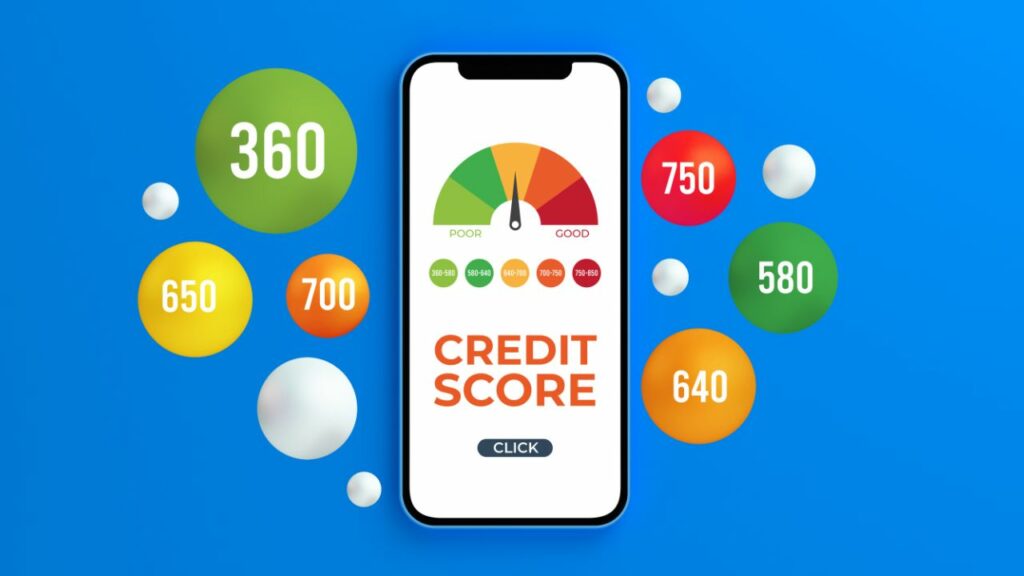
Credit scores typically range from 300 to 850-900, depending on the credit bureau and scoring system.
The minimum credit score requirements may vary depending on the type of loan and lender, but generally, a credit score of at least 620 is required to qualify for a conventional mortgage.
When it comes to buying a house, most lenders will consider your credit score as one of the key factors in determining your eligibility.
However, even if you meet the minimum credit score requirement, a low credit score may limit your loan options and result in larger down payment and higher interest rates and fees.
For conventional loans, which are not insured by the government, most lenders require a credit score of at least 620.
For government-backed loans, such as FHA and VA loans, the minimum required credit score may be lower (around 500-580), but you will need to meet other requirements and pay for mortgage insurance.
Can I Buy a House with a 550 Credit Score?
Yes, buying a house with a 550 credit score is possible. However, it may be challenging and come with additional difficulties.
Having a low credit score can make it harder to get approved for a mortgage and result in higher interest rates, which means you may have to pay more over the life of your loan.
Furthermore, some lenders may not even consider borrowers with credit scores below a certain threshold, making it essential to research and find a lender that is willing to work with you.
With a credit score of 550, you may still qualify for an FHA loan or other government-backed mortgages, but you will likely face higher interest rates and fees.
You may also need to save for a larger down payment (usually at least 10-20% of the home’s purchase price) to compensate for your lower credit score.
Challenges of Buying a House with a 550 Credit Score
Having a credit score in the “poor” or “bad” range can make it difficult to get approved for a mortgage.
One of the biggest challenges is the limited options for loans, as many lenders may not be willing to take on the risk of lending to someone with a low credit score.
Obtaining a mortgage with a 550 credit score will also likely result in higher interest rates, which means you may end up paying more for your home over time.
Moreover, lenders may require additional documentation and proof of financial stability to compensate for the lower credit score, making the application process more complicated and time-consuming.
Options for Buying a House with a Low Credit Score
Despite the challenges, there are still options available for buying a house with a 550 credit score.
One option is to look into government-backed loans such as FHA loans or VA loans. These programs have lower credit score requirements and may offer more flexible terms and conditions.
Another option is to work on improving your credit score before applying for a mortgage. This may involve paying off existing debts, making timely payments on credit cards and loans, and keeping your credit utilization ratio low.
Improving Your Credit Score
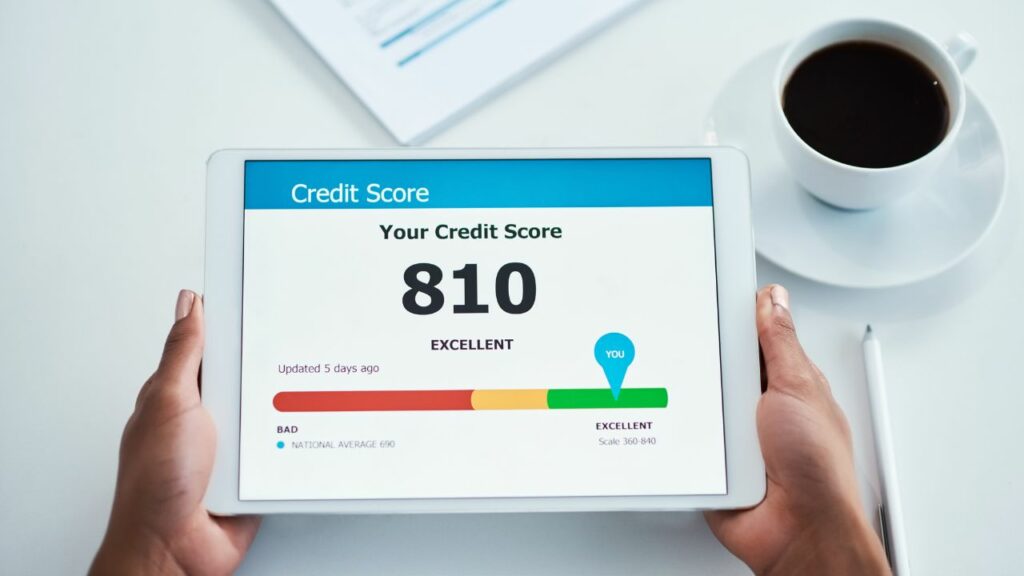
Improving your credit score takes time and effort, but it can greatly benefit you in the long run. Here are some tips to help boost your credit score:
- Make payments on time: Late payments can have a significant impact on your credit score. Be sure to make timely payments on all of your debts, including credit cards, loans, and bills.
- Keep your credit utilization low: Your credit utilization ratio is the amount of credit you are using compared to your total available credit limit. A high utilization ratio can negatively impact your score, so aim to keep it below 30%.
- Check your credit report: It’s important to regularly check your credit report for any errors or inaccuracies. If you find any, be sure to dispute them with the credit bureau.
- Avoid opening new lines of credit: Every time you open a new line of credit, it can temporarily lower your credit score. Try to avoid opening new credit cards or loans while you are working on improving your credit score.
- Pay off outstanding debts: If you have any outstanding debts, try to pay them off as soon as possible. This will not only improve your credit score but also free up more funds for a down payment on a house.
Preparing for the Homebuying Process
While you work on improving your credit score, it’s important to also start preparing for the homebuying process. Here are some steps you can take:
- Save for a down payment: Most lenders will require a down payment when purchasing a house. The larger your down payment, the less risky you may appear to lenders.
- Get pre-approved for a mortgage: Getting pre-approved for a mortgage will give you a better understanding of how much house you can afford and will make you a more attractive buyer to sellers.
- Research different loan options: There are many types of loans available for homebuyers with low credit scores. Do your research and compare rates and terms to find the best option for you.
Alternative Homeownership Pathways
If buying a house with a 550 credit score seems out of reach, there are alternative pathways to homeownership that you can explore. These include:
- Rent-to-own: With a rent-to-own agreement, you can rent a property with the option to buy it at a later date. This allows you to build up your credit and save for a down payment while living in the house.
- Government programs: There are various government programs available that provide assistance to first-time homebuyers with low credit scores. These include FHA loans and VA loans.
- Co-housing or co-op housing: In these types of housing arrangements, you join a community of like-minded individuals who collectively own the property. This can be a more affordable option for those with low credit scores.
- Co-Signer or Co-Borrower: Another option for buying a house with a 550 credit score is to have a co-signer or co-borrower. This is someone with a higher credit score who agrees to be equally responsible for the mortgage payments. Having a co-signer can increase your chances of being approved for a loan and may also help you secure a lower interest rate.
Conclusion
In conclusion, while buying a house with a 550 credit score may present some challenges, it is not impossible.
By understanding credit scores and requirements for homebuying, exploring alternative pathways to homeownership, and improving your credit score, you can increase your chances of achieving the dream of owning a home.

